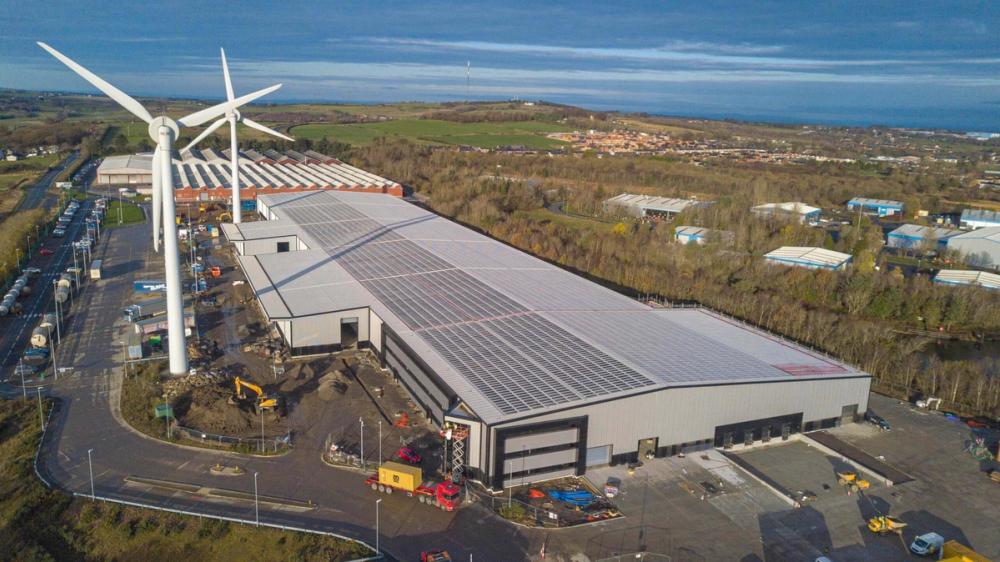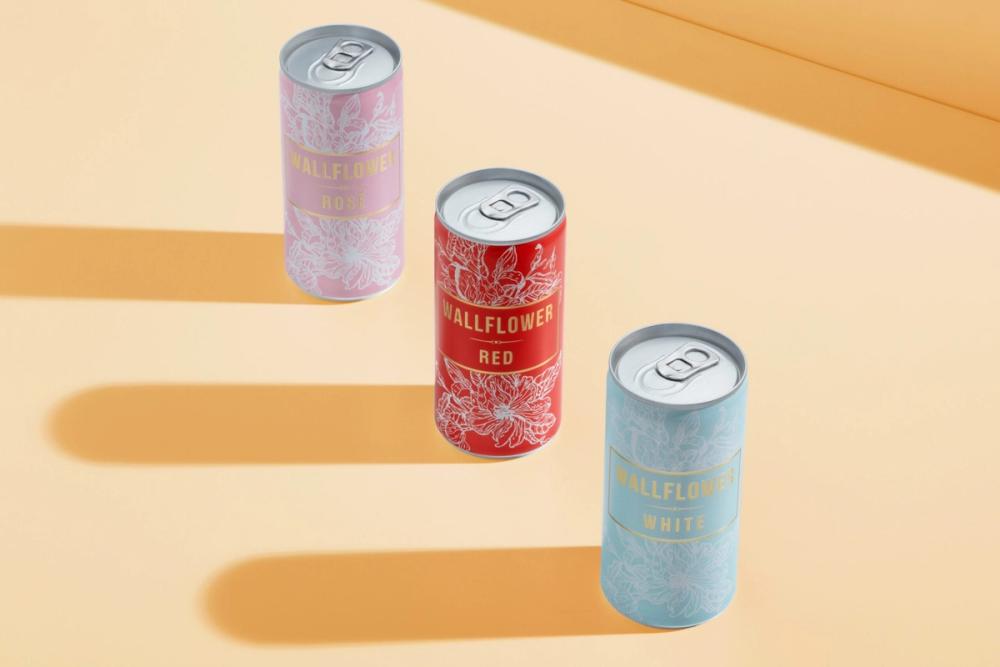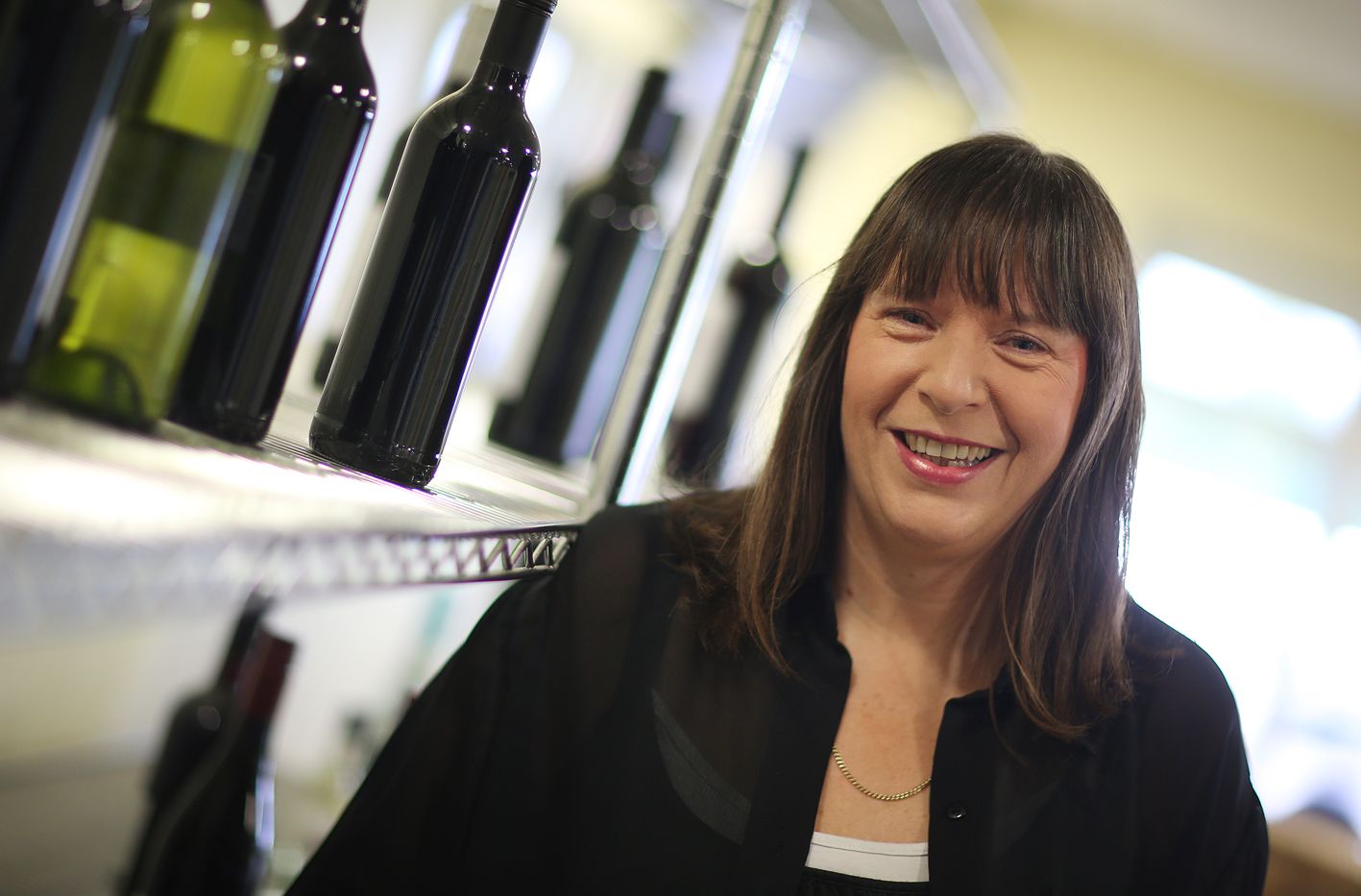“I think a lot of people have been very surprised to find out how important Ukraine is, in terms of what it supplies and its impact on the global supply chain,” says Lanchester Wines’ Lesley Cook.
How do you look back on the wine buying challenges and opportunities in 2022?
It has been a very challenging year in so many different ways. Normally, it’s mother nature who challenges you, but this year it’s a host of factors. The war in Ukraine has caused significant supply chain issues, from glass to cardboard and I think a lot of people have been very surprised by how important Ukraine is, in terms of what it supplies and its impact on the global supply chain, particularly in terms of availability of dry goods such as glass and packaging. Then, there’s the obvious impact of energy costs, from heating to fuel, which has fed into a big spike in inflation too. It has also impacted shipping from Moldova, which came via Odessa. Fortunately, we were able to find another route, so our supplies from Moldova have not been impacted in the way other wine importers have.
The shipping crisis has continued to cause other challenges. Though the length of time to ship has improved lately, at the start of the year everyone was fighting for containers, which were going to the highest bidder, pushing up the cost by as much as four or five times the previous rates. We fair better than most because we have Teesport and Port of Tyne close by to our County Durham HQ, meaning we can avoid the delays with rail freight from Southern UK ports.
South Africa is very much on the ball, but the likes of California and Argentina are still not in a good place in terms of shipping. We’ve also had strikes in Chile, so next to nothing is getting to the ports there.
This has been compounded by the continuing fallout from the poor harvests in 2021. We have the 2022 crops coming through now, of course, but prior to that there were still shortages, which have had a long tail. Fortunately, we were able to mitigate the worst effects of the shortages through the strength of our long-term supplier relationships.
Are you still seeing issues with dry goods?

Geencroft Bottling’s new facility at the Lanchester Group’s headquarters outside Durham
Yes, most definitely. Cardboard has settled down since Easter but glass remains a big issue and I don’t see a resolve any time soon I’m afraid.
Ukraine’s foundries supply a lot of Europe’s glass, so now these are out of action, their customers are putting pressure on the other European glass suppliers, panic buying when they can. We also lost three foundries for planned refurbishment works. 75ml bottles have been the foundries’ priority, so everyone else, wanting a different size, went to the back of the queue and production of alternative sizes effectively ceased.
Forget bespoke bottlings, it really is a case of putting the wine into whatever colour or shape bottle you can get your hands on, but this is a problem across the globe, not just in the UK. We had to put our 187ml wines into PET so that we could continue to supply our customers, though fortunately at Greencroft Bottling, the quality of wine in PET is no different to glass and our customers have been very understanding.
It has been a perfect storm, labels have also been a challenge. Earlier in the year, there was a strike at the Finnish paper pulp mills, lasting four months, and it has had long-lasting consequences in terms of supply: pulp is the base material for anything printed onto paper, including wine labels. We used to have a lead time of seven to 21 days, which went up to three months at one point and is now back down to about six weeks.
There have also been delays on screwcaps. The lead time, normally 12 weeks, went to four to five months at one point for a bespoke screw cap, such as the one used on one of our flagship wines, Nika Tiki. Anything that is bespoke always takes longer.
What is all this doing to pricing?
In short, prices are going up at a rate of knots. Aside from the rocketing price of shipping, we’ve seen increases from our own suppliers, with some now on quarterly rises. Though we work extremely hard to keep our prices very competitive, there is a limit to what we can absorb. February is when we usually increase our own prices, and we usually hold them for 12 months, but we reluctantly had to put them up again on September 1. We feel we simply cannot pass on everything to our customers who are also struggling with inflation.
The cost of contracted bulk wine is the only stable piece of the puzzle really, however currency has also been under pressure, most especially against the US Dollar, in which most things are priced.
This time last year, you were dealing with a global shortage of wine, so you were looking at some alternative sourcing. How did that go?

After lots of hard work, it was, happily, a great success. Faced with the absence of Sauvignon Blanc from Marlborough, we sourced rapidly from South Africa, remotely blending a wine, Moloko Bay, designed to be a comfortable alternative. It has been one of the big success stories of 2022: a resounding triumph with our customers, it won a strong silver, 93 points, at the IWSC, which made us very happy.
What’s more, we thought sales of Moloko Bay would drop off once Marlborough Sauvignon came back on stream for Nika Tiki, but there is no sign of this, with both wines now doing really well, side by side. We always maintained our investment in South Africa was a long term strategic decision. Furthermore, we are now adding a Moloko Bay Pinot Noir (see above), from a top Stellenbosch producer, launching in January, which is really exciting. The quality from South Africa is excellent and shipping still reliable, so hopefully it will continue to see a resurgence from the pandemic.
And what about other product launches?

Lanchester has launched its own wine in a can range under the Wallflower brand
We believe that being carbon neutral is just the beginning, so launching our own range of wines in cans has given us a new prong for our sustainability strategy. We launched Wallflower in the summer, with red, white and rosé Spanish wines. It represents our first foray into canning, utitilising the state-of-the-art canning lines at our sister company Greencroft Bottling, and I am sure more will follow. We won a silver medal for Wallflower in a design award and also a travel retail award, so the range has got off to a great start.
What else is in the pipeline?
We’re bringing in a new French range, L’Autentique. It is a long time since Lanchester Wines has had its own exclusive range from France, so the sales team are very excited about it. We shall also launch a new DOCG Prosecco Superiore to cater for the increasing number of consumers who want to trade up from DOC Prosecco. We’re also adding a Cava, as its comeback is long overdue. Prosecco sales continue to soar – but between Prosecco and Champagne, you need something else, and that’s where Cava comes in. The quality has really improved, so we shall have an exclusive Cava.
We are also continuing to work with our suppliers to bring more attention to their own sustainability credentials. We know that not everybody is on a windy hill in County Durham with wind turbines, so every supplier’s circumstances are different, but we focus on what is relevant to each of our producer partners, whether it’s irrigation or renewable energy, as there are so many different ways we can all make a difference when it comes to the climate crisis. Our supplier sustainability portfolio will be available to download from our website from Spring.
Talking sustainability, sister company Greencroft Bottling will open its brand new building next year. Does that have an impact on Lanchester Wines too?
Yes, of course it does. It will have the first fully-integrated solar-panelled, insulated roof to be used on a building of its kind, which is very exciting. It will significantly increase capacity, which is great for us, as well as other Greencroft Bottling customers. Bulk might still be, literally, a four letter word, but it seems to be sexy now, with lots of positive press coverage. The sustainability benefits of bottling in the UK are really coming to the fore.
So, aside from the challenges you are already facing, do you see any other headwinds in 2023?
Yes, unfortunately, with the government’s proposed duty changes and also Scotland’s deposit return scheme (DRS). If they do go ahead, we’re talking about thousands of pounds in additional expense of bureaucracy.I do not think they have a clue about how it works – and I don’t think they have given a thought to how complicated it is going to be to implement.
DRS is even more complex than the duty bands, because if you’re a brand owner/producer selling to a customer in the UK, you are then responsible for picking up the DRS fee if they sell something in Scotland. However, you don’t always know if they’re going to sell in Scotland, due to the way products move around the UK. It is potentially both complex and costly.
- If you want to find out more about Lanchester Wines go to its website here.
- Lanchester Wines is a partner supplier to The Buyer.
































